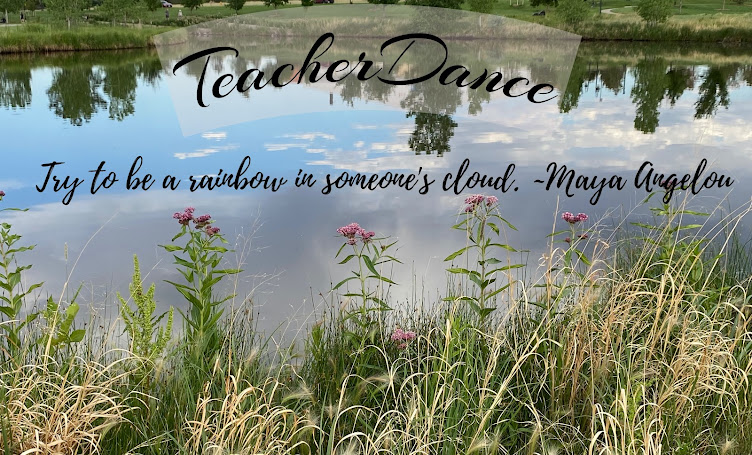Non-fiction reading, poetry and a poem
 I'm posting at Alyson Beecher's blog, Kid-Lit Frenzy for Non-Fiction Picture Book Wednesday. Thanks to Alyson, we have a group that shares terrific non-fiction! Tweet at #nfpb2014.
I'm posting at Alyson Beecher's blog, Kid-Lit Frenzy for Non-Fiction Picture Book Wednesday. Thanks to Alyson, we have a group that shares terrific non-fiction! Tweet at #nfpb2014.
This is a most awesome book for creating any kind of book, taking young students through the process step-by-step from choosing the animal one might wish to write about, all the way to creating all the important pages needed at the process end, like title page, dedication, table of contents, etc.
In addition, the back of the book shows the numerous animal books the author has written herself, but the inside is what is terrific. There are many pictures and illustrations, helping young writers to understand the parts needed to research about animals, how to gather resources and take notes, ways of organizing, every single step. With the friendly pages so interestingly illustrated, and the basic material based on using who, what, when, where, why and how, it would be easy either to teach from it or to let a student use it independently.
In addition, the back of the book shows the numerous animal books the author has written herself, but the inside is what is terrific. There are many pictures and illustrations, helping young writers to understand the parts needed to research about animals, how to gather resources and take notes, ways of organizing, every single step. With the friendly pages so interestingly illustrated, and the basic material based on using who, what, when, where, why and how, it would be easy either to teach from it or to let a student use it independently.
Haiku: Asian Arts & Crafts for Creative Kids - written and illustrated by Patricia Donegan
In a post last year, sadly I don't know whose, I discovered this book, and then checked it out from my library. It may say it's for children, but I wanted to learn more about writing haiku, some basic background, other related structures, and this book has all that and more. It begins with the basics, adds in some philosophy and gives many examples of famous, well-written haiku. It adds other ideas for related structures, like haibun (a mini story with a haiku added), haiga (a haiku with an illustration) or a tanka (an earlier form used in court). I think I may need to purchase it for myself, it is so filled with helpful information.
In bits and pieces, I am reading How Children Succeed, Grit, Curiosity, and the Hidden Power of Character, by Paul Tough. So far, I find it's very interesting.



Linda, I love the Donegan book too!
ReplyDeleteTerrific, happy you know it and enjoy it, Ramona.
DeleteThis Kalman title looks amazing! I have many Kalman titles in my class collection - looks like this one might need to join them! Thanks for highlighting it here Linda.
ReplyDeleteIt really is good, Carrie! Hope you can find it useful!
DeleteThe Kalman book would have been so helpful when I was teaching first graders to research animals. Part of what I had in mind when I retired was to write some nonfiction to add to the resources available to teachers.
ReplyDeleteI think it's one of the best basic books I've read in a long time, Donna. Yes, you would have loved it. Thank you!
DeleteI found How Children Succeed interesting at first but then I began to develop very serious problems with Tough's basic claims and assumptions. Will be interested to see what you think!
ReplyDeleteThanks for telling me, Elisabeth. I've read only a few chapters, so now I'm interested in seeing what else he says. I'll let you know, although it might take me some time to get through it.
DeleteHi there Linda, the Haiku book looks like a must-have in all classrooms. Would love to know more about this poetic form and structure - so elegant.
ReplyDeleteThanks Myra-it certainly is a good resource!
DeleteThe Haiku book looks great. Great companion to Jon J. Muth's Hi, Koo!
ReplyDeleteGood idea, Earl. Thank you!
DeleteThese look like excellent additions to a library. It's great to have good books to help with writing. :)
ReplyDeleteThanks Crystal, they'll be good for teachers and students!
Delete